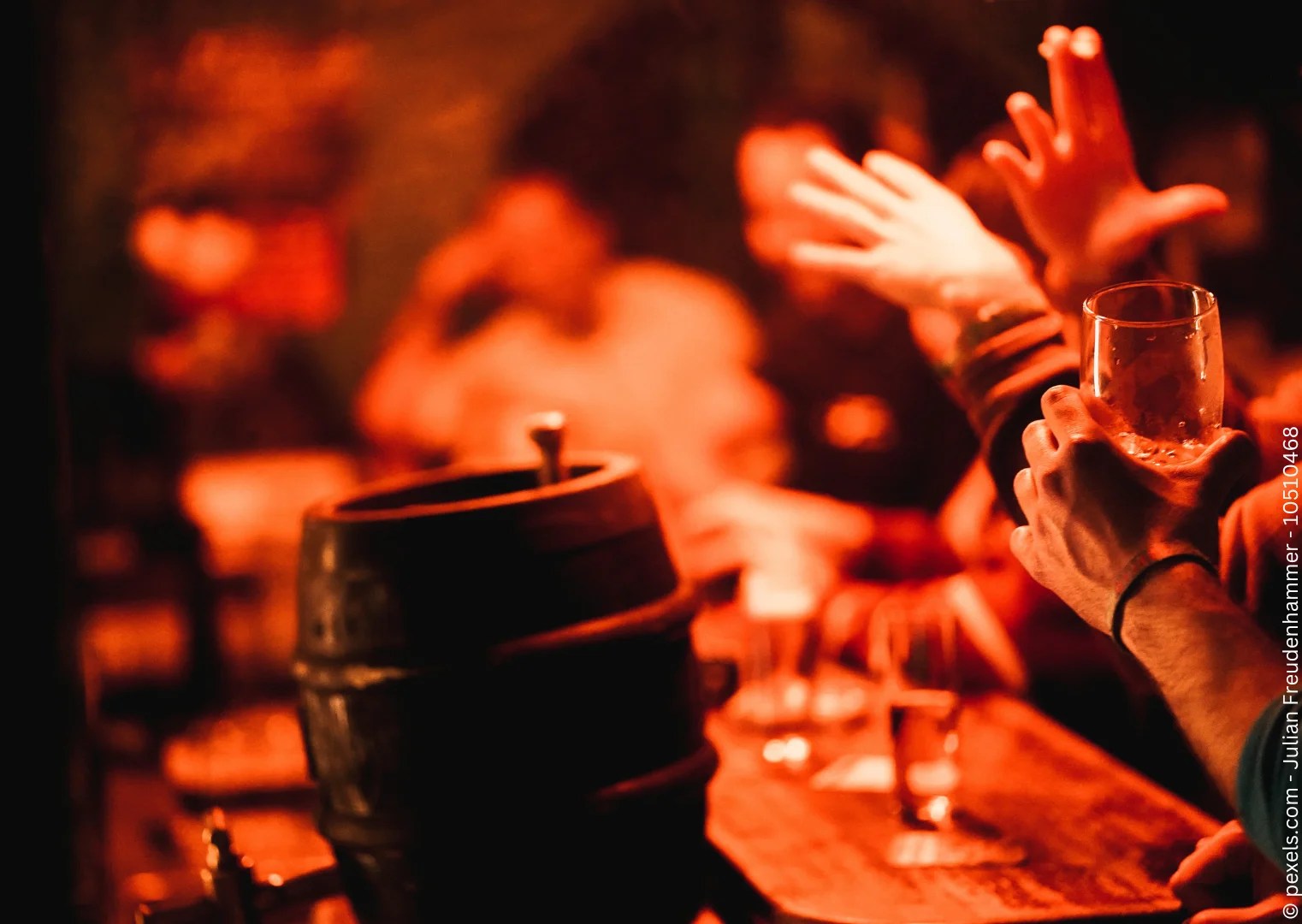Germany: the home of beer

German beer has been with is ever since Germany has been here. In fact, from the perspective of the ancient Romans who first wrote about their encounters with the forest-dwellers north of the Alps, the discovery of beer came with the discovery of Germany. European beer history is German beer history.
They have been engaged in beer brewing in this part of the world for at least 3000 years. A burial site was discovered near Kulmbach in northern Bavaria dating back to about 800BC. The Bavarian tribal chieftain whose remains it contained had been sent on his way to the other world with a few crocks of local brew to accompany him. The region is today the home of the Kulmbacher Mönchhof brewery which has been in existence since 1349 when it was first founded as a monastery brewery. The evidence therefore suggests a probably unbroken line of 3000 years of continuous brewing in just one small region of Germany.
Bavaria in particular is blessed with fertile soil for producing the best barley and wheat, a plentiful supply of fresh water from Alpine streams and rivers, and cold winters to provide the best yeast for fermentation. Southern Germany is therefore ideal place to brew beer and establish a beer culture. Bavaria is nature’s brewery.
The ancient tribes of Germany made beer-sacrifices to the gods (possibly in the form of libations returned to the soil). Verses were recited about it as they gathered around campfires swilling from auroch horns. The process of fermentation was seen as a magical or mystical act of transformation (nothing was known about yeast). Healing powers were ascribed to it. And the effects of one too many auroch horns around the campfire was probably regarded by many as a religious experience.
The Romans called the frothy stuff they discovered with the tribes of Germany Cerevisia (from the Latin terms, Ceres – the goddess of agriculture – and vis, meaning strength). “Stength from the soil” is a good description of German beer. Many of the techniques used in a modern brewery where first used in the development of German beer. For example, it was medieval German monks who first added hops to the beer brewing process. It is hard to imagine brewing taking place without that today. It is not just the process of brewing, but beer styles that have been influenced by Germany. Bottom fermented pales lagers which are so popular throughout the world today originate in Germany. The word “lager” comes from the German term for storage, and refers to the role of cold storage in the brewing process.
The famous Reinheitsgebot Beer Purity Law – strict regulations on what should be sued to brew beer – gives German beer its global reputation for excellence. The Reinheitsgebot is virtually a statement of identity in Bavaria. Anyone who visits a Bavarian brewery will see first hand their pride in the Reinheitsgebot. Beer in Germany is central to both history and German culture.
